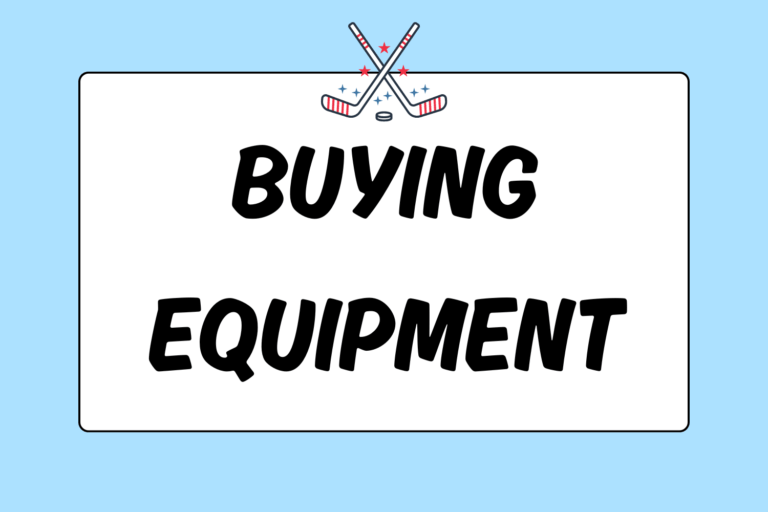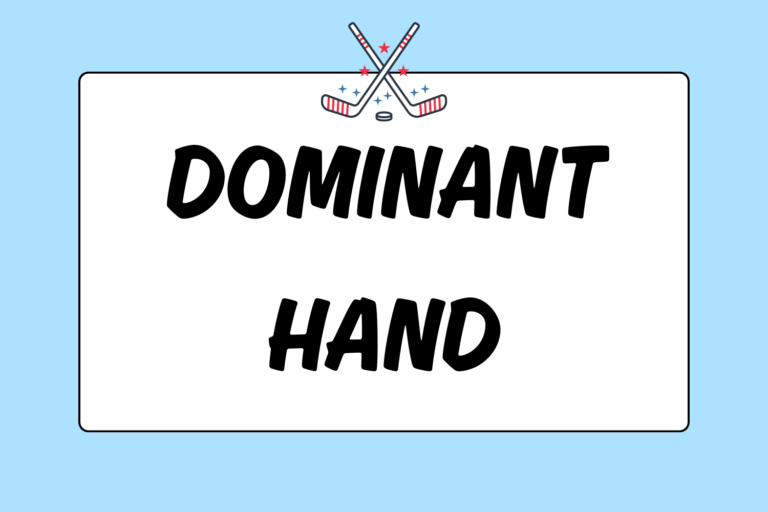Most ice hockey teams include 12 forwards, six defensemen, and two goalies. Not counting the goalie, only three forwards and two defensemen start the game on the ice. Though not always reflective of how ice time is divided throughout the course of the game, the starters often set the tone from the moment the puck drops.
From work ethic to leadership, this guide outlines ways you can earn and keep a starting role on your ice hockey team.
First On, Last Off
A common cliché in ice hockey affirms, “First on the ice, last off.” The literal meaning of this saying can be interpreted as follows: You should be dressed and ready to hit the ice at the earliest moment before practice, and stay on until you’re kicked off afterwards. However, this idiom is a bit more complicated than the literal meaning.
Figuratively, this saying suggests that players should do anything and everything to improve in all facets of the game. You need to skate hard during practice, give your all in the weight room, and study strategies of the sport whenever possible.
Extra focus and a dedicated work ethic effects every area of your game, so maintaining this mindset is the most crucial aspect of earning a starting role. Dedicate yourself to your craft.
“Great moments are born from great opportunity.”
Herb Brooks
Coach of the 1980 U.S. Olympic Team
Play with Discipline
The best way to start a game is with a goal on the first shift, though this is far from expected. Instead, starters are more commonly asked to set the tone and keep the play in the offensive zone. This maximizes the chances of getting a scoring chance or drawing a penalty.
That said, one of the worst ways to start a game is on the penalty kill. An easy way to help your chances at getting a starting role is by minimizing the number of sloppy penalties (often obstruction) you take during a game. Your coach will notice your disciplined play.
Skate Your Hardest
There’s only one situation worse than taking a penalty on the opening shift: Allowing a goal on it. Show your coach that you will work as hard on defense as you do on offense. More than anything, this means giving maximum effort while forechecking and backchecking. Showing your coach that you’re willing to skate your hardest and fight for the puck goes a long way towards earning a starting role.
Face-off Prowess
As stated, the opening shift is integral to setting the tone of a game. What better way to start a game than on offense? Since every hockey game begins with a face-off, having a specialist on the ice for the opening drop is one of the best ways to start strong.
If you’re a centerman, boasting top notch skills at the face-off dot will go a long way in earning a starting role. First off, check out the guide, “How to Take Face-offs in Ice Hockey.” Then, work relentlessly on your face-off skills as often as possible. Do everything you can to become the best on your team at face-offs.
Embody Team Philosophies
While the starters are often the most skilled and talented players on a team, the coach will sometimes select the players who most represent the team’s system. Players on the third or fourth line will often get the start because they have bought in to the coach’s desired style of play.
Listen closely at practice and team meetings. Buy in to the coaching philosophy and team system completely. Even if you don’t like the coach (hopefully this isn’t the case), chances are he earned the role because he studies the game intently. Following his instruction and earnestly trying all of his suggestions will help your chances at netting a starting spot.
Drive & Determination
Ice hockey is a hard game. While it comes more naturally to some players than others, no one is naturally great. Hard work is at the core of every top level hockey player, and hard work is your most likely chance of getting a starting role. Become a student of the game and a workaholic on the ice, and you will see your ice time rise and your role expand.





